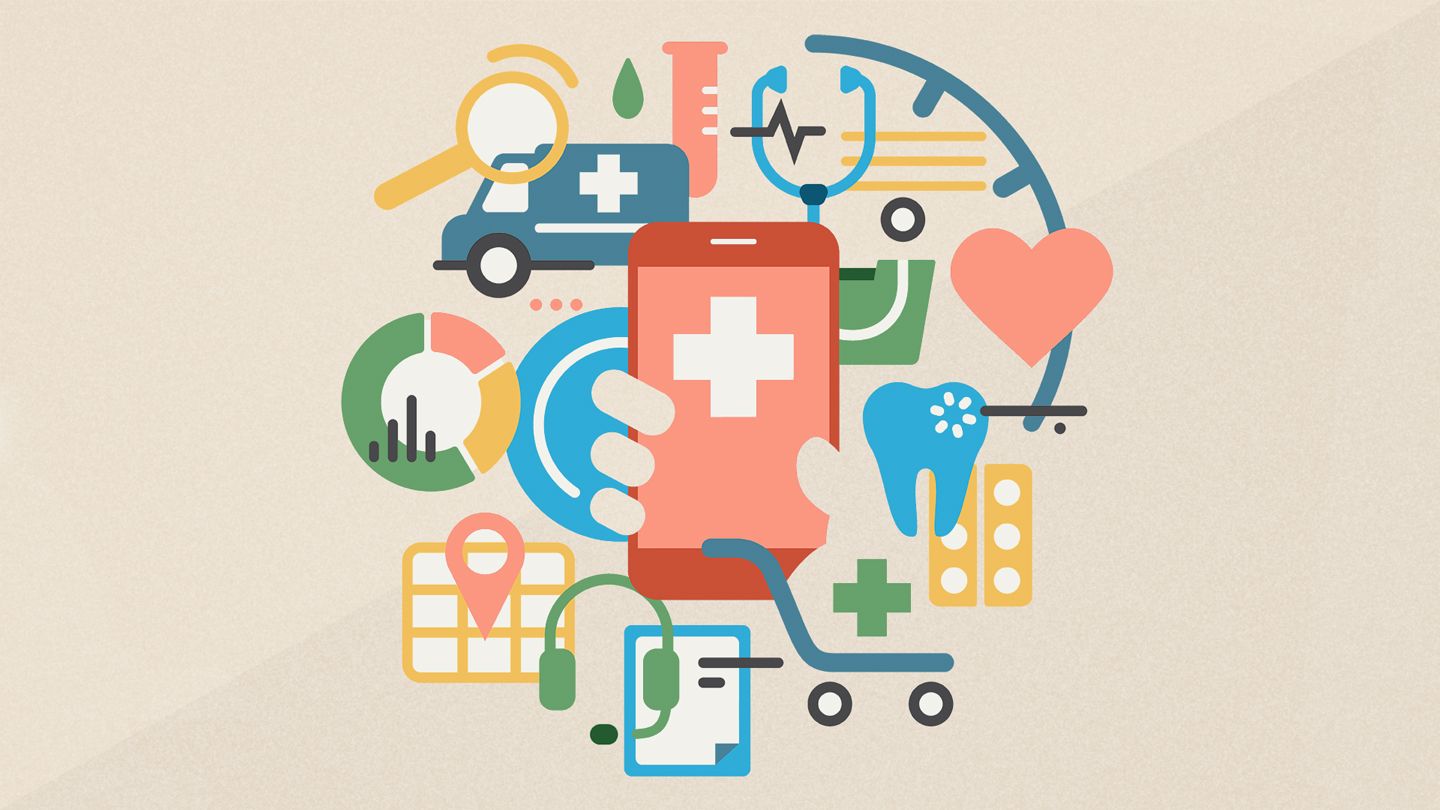In a world where our physical health often takes the spotlight, our mental well-being deserves just as much attention—if not more. Mental Sensible check-ins serve as crucial markers to assess our emotional and psychological state, allowing us to recognize and address warning signs before they escalate into larger issues.
Understanding Mental Health Check-Ins
Regularly checking in with your mental health involves tuning in to your emotions, thoughts, and behaviors. It’s about acknowledging how you feel, understanding the triggers impacting your mental state, and being proactive in managing your mental well-being.
Recognizing Warning Signs
Identifying warning signs is the cornerstone of proactive mental health care. Here are some indicators that might signal it’s time for a mental health check-in:
1. Changes in Mood and Behavior:
- Sudden mood swings or extreme emotions.
- Increased irritability or anger.
- Withdrawal from social activities or loved ones.
- Changes in sleeping or eating patterns.
2. Persistent Negative Thoughts:
- Continuous feelings of sadness, hopelessness, or worthlessness.
- Persistent worries or anxiety that disrupt daily life.
- Intrusive or obsessive thoughts that cause distress.
3. Physical Symptoms:
- Unexplained physical ailments like headaches, stomachaches, or fatigue.
- Changes in appetite or weight.
- Insomnia or oversleeping.
Addressing Warning Signs
When you notice these warning signs, it’s essential to take proactive steps towards addressing them:
1. Reach Out for Support:
- Talk to someone you trust—a friend, family member, or mental health professional.
- Join support groups or communities where you feel understood and supported.
2. Prioritize Self-Care:
- Engage in activities that bring you joy and relaxation.
- Practice mindfulness, meditation, or deep breathing exercises.
- Ensure adequate sleep, nutrition, and exercise.
3. Seek Professional Help:
- Consult a mental health professional or therapist for guidance and support.
- Explore therapy options that suit your needs—individual, group, or online therapy.
Breaking the Stigma
Acknowledging our mental health needs isn’t a sign of weakness; it’s a courageous step towards self-care. Yet, stigma often prevents people from seeking help. By openly discussing mental health, we can break down these barriers and encourage others to prioritize their well-being without shame or judgment.
Regular mental health check-ins are as essential as annual physical check-ups. They empower us to recognize warning signs early and take proactive steps towards maintaining our mental well-being. By normalizing discussions around mental health and fostering a supportive environment, we can create a world where everyone feels empowered to prioritize their mental health without hesitation.
